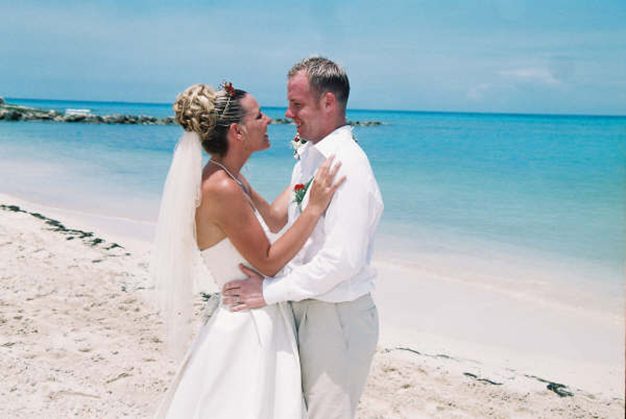I got married abroad, can I get divorced in England?
People choose to get married abroad for various reasons such as if one or both spouses were not originally from England or Wales, or perhaps the couple simply wanted to combine an exotic honeymoon with the wedding ceremony itself.
However, it is often the case that the location of the marriage does not necessarily need to be the same location as where the divorce proceedings take place. If you did get married abroad and you are considering issuing divorce proceedings in England or Wales, there are certain matters which you must double check before issuing the proceedings.
Firstly, in order to begin the divorce proceedings, you must have your original marriage certificate (or a copy of this if issuing the proceedings online). If your marriage certificate is in a foreign language, you must also have a certified translation of this to be sent to the Court.
Secondly, you must ensure that the marriage took place lawfully in the country where the ceremony took place, with the local customs and laws being observed. For example, you may need to have a certain number of witnesses to the wedding ceremony, or you may need to have said certain wording.
Thirdly, you must ensure that the jurisdiction criteria for obtaining a divorce in the UK has been met. This means that you must fall into one of the below categories:
1. Both parties are habitually resident in England and Wales
2. Both parties were last habitually resident in England and Wales and one of them continues to reside there
3. The respondent is habitually resident in England and Wales
4. the applicant is habitually resident in England and Wales and has resided there for at least one year immediately before the application was made
5. the applicant is domiciled and habitually resident in England and Wales and has resided there for at least six months immediately before the application was made
6. both parties are domiciled in England and Wales
7. either the applicant or the respondent is domiciled in England and Wales
Habitual residence is the place where your life is mainly based. You must be settled there and intend to stay there. Although this may seem like a vague definition, this can be evidenced by the fact that you work there, own property there, have children in a school there and your main family life takes place there.
Domicile is defined as the main permanent home in which you live, or to which you intend to return. This may be the country where you were born or, if you have since made a permanent home in another country, your domicile may have moved there. It is therefore possible to be both habitually resident and domiciled in the same country.
Other factors to consider
It is also important to consider which country would be the most advantageous for you to get divorced in. This will depend on several factors such as the timescales for divorce in each country, how the Courts in each country will look at any financial settlements, whether any pre-nuptial agreements you may have entered into will be appropriately considered and how the Courts in that country will view any children matters arising out of your divorce.
If you are considering issuing divorce proceedings, it is always advisable to take some legal advice to ensure that you are fully informed of your decision before going ahead. If you would like to discuss your specific circumstances with one of our Family Lawyers, we would be happy to provide you with tailored advice and confirm the next steps to take.
Watson Thomas Solicitors have offices in Fleet, Guildford, London, Bracknell, Camberley, Farnborough and Woking.
Watson Thomas are a dedicated team of Family Lawyers who specialise in all aspects of family law. If you have any questions regarding parental disputes relating to the Covid vaccination please do get in touch.
Our staff can work from home and access all systems so even if all are required to self-isolate this will not affect the day-to-day running of your case. We can also hold appointments via telephone and video conferencing, as needs be, to ensure that your service is not interrupted.
Our expert family lawyers are happy to assist with issues relating to children and so if you have any questions please do not hesitate to get in touch. Please call us on 0330 311 9849.
Request a free, no obligation callback from a member of our team by completing our simple enquiry form.







